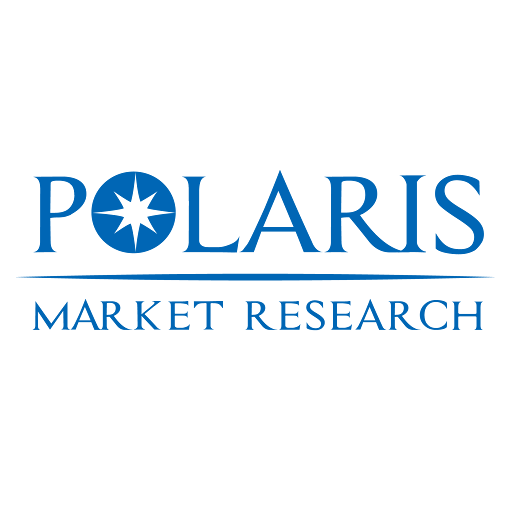North America and Asia Pacific Lead Blockchain Adoption Amid Regulatory and Innovation Initiatives

The global blockchain technology market is undergoing a period of unprecedented expansion, fueled by rapid digital transformation, tightening data security regulations, and the accelerating adoption of decentralized finance platforms. Valued at USD 31.58 billion in 2024, the market is forecast to reach USD 11,576.74 billion by 2034, expanding at a remarkable CAGR of 80.5% during 2025–2034. This scale of growth reflects blockchain’s pivotal role in enabling trust, transparency, and efficiency across industries, while regional dynamics are shaping how adoption is unfolding worldwide.
North America continues to hold a leading share of the market, largely due to its advanced digital infrastructure and proactive regulatory environment. The United States, in particular, has seen extensive pilot programs in financial services, logistics, and public governance, supported by agencies such as the U.S. Securities and Exchange Commission and the Department of Treasury. Regional manufacturing trends in technology hardware, particularly secure chipsets, reinforce blockchain’s scalability. Canada complements this leadership with government-backed initiatives that fund research into blockchain for healthcare record management and cross-border trade facilitation. The region’s emphasis on cybersecurity resilience has positioned blockchain as a strategic tool for mitigating threats, while venture capital investment in blockchain startups remains one of the highest globally.
Europe presents a distinct trajectory driven by harmonized policy frameworks and sustainability goals. The European Commission’s European Blockchain Services Infrastructure (EBSI) initiative reflects a coordinated push to integrate blockchain into cross-border supply chains and digital identity management. Germany, France, and the Nordic nations are spearheading applications in energy trading, public registries, and corporate governance. Regulatory clarity under the EU’s Markets in Crypto Assets (MiCA) framework is reinforcing institutional confidence, while the Green Deal agenda promotes blockchain’s use in supply chain transparency for sustainable goods. This alignment of policy and industry has resulted in robust market penetration strategies that balance innovation with consumer protection.
Asia Pacific is positioned as the fastest-growing region, underpinned by the dominance of China, India, and Japan. China has already deployed blockchain in trade finance and customs clearance, embedding it within its Digital Silk Road initiative. Regulatory oversight from the Cyberspace Administration of China ensures state-driven control while simultaneously fostering large-scale enterprise use cases. India, guided by the Ministry of Electronics and Information Technology, is integrating blockchain into land records and agricultural value chains, aligning with national digital economy targets. Japan and South Korea, with their advanced fintech sectors, are pushing blockchain adoption in payments, insurance, and digital asset trading. Regional expansion is also supported by the rise of local blockchain consortia that promote interoperability standards and innovation sharing.
Read More @ https://www.polarismarketresearch.com/industry-analysis/blockchain-technology-market
The market’s drivers include growing institutional demand for secure digital transactions, rising investment in fintech ecosystems, and increased reliance on cross-border payments. However, the sector faces restraints such as inconsistent regulations across jurisdictions, high energy consumption of proof-of-work models, and ongoing cybersecurity vulnerabilities. Opportunities exist in the integration of blockchain with artificial intelligence for predictive analytics, as well as in blockchain’s role in enabling central bank digital currencies (CBDCs) being explored by over 100 countries globally. Trends such as tokenization of assets, decentralized autonomous organizations, and blockchain-enabled carbon credit trading are further reshaping the market.
The competitive landscape is defined by firms capable of scaling blockchain infrastructure globally while aligning with local compliance mandates. Major companies with strong global presence include:
- IBM Corporation
- Microsoft Corporation
- Oracle Corporation
- Huawei Technologies Co., Ltd.
- Amazon Web Services, Inc.
As blockchain becomes integral to global economic infrastructure, regional dynamics will determine adoption speed and use-case diversity. The convergence of regulatory frameworks, technology development, and market penetration strategies will cement blockchain’s status as a transformative force for digital economies worldwide.
More Trending Latest Reports By Polaris Market Research:
RF Signal Chain Components Market
Surgical Suction Instruments Market
Hospital Electronic Health Records Market
RF Signal Chain Components Market
Contrast Media Injectors Market
North America Pipeline Pigging Services Market
- Art
- Causes
- Crafts
- Dance
- Drinks
- Film
- Fitness
- Food
- Games
- Gardening
- Health
- Home
- Literature
- Music
- Networking
- Other
- Party
- Religion
- Shopping
- Sports
- Theater
- Wellness


